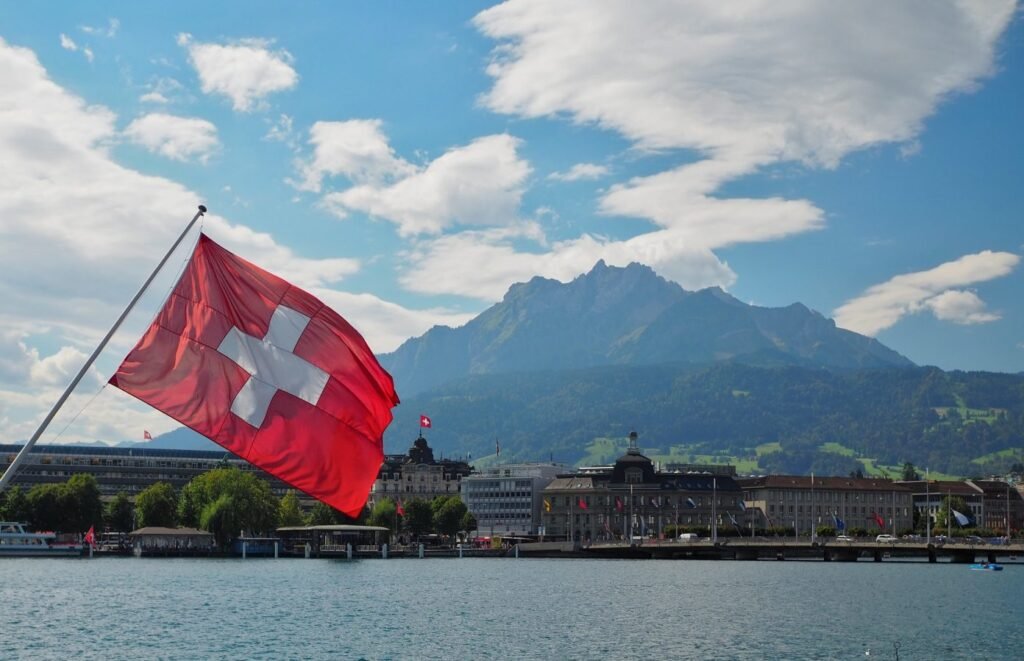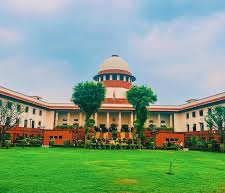
The conclusion of the War of the Spanish Succession in 1714 was marked by the signing of an agreement in the quaint Swiss town of Baden. This decision to convene in Baden, following earlier treaties in Utrecht and Rastatt, was influenced by several factors. Firstly, the town’s location on neutral ground made it an ideal setting for diplomatic negotiations between the parties involved, namely France and the Holy Roman Empire. Additionally, Baden’s status as a spa town provided the necessary amenities and infrastructure to host over 300 delegates who remained there throughout the summer, enjoying elaborate banquets during breaks in the negotiation process.
The result of the negotiations was relatively modest: the treaty signed on September 7 primarily reaffirmed the terms of the Rastatt peace accord. Nevertheless, the Swiss authorities cherish this diplomatic event as the parting shot of a tradition of diplomatic mediation, even though its full modern form would not emerge until around a hundred and fifty years later, well after the establishment of the federal state in 1848.
Fast forward to today, Switzerland is all set to host the much-talked-about international conference in June of this year, aimed at facilitating progress towards peace in Ukraine following over two years of conflict. There is optimism that Russia may eventually participate in the peace efforts. Switzerland announced its intention to convene a peace summit in January, following a request from Ukrainian President Volodymyr Zelenskyy. Since then, discussions have been held with various blocs, including the EU, G7 member states, and even BRICS nations such as China and India, to assess their willingness to participate.
The idea is to “provide a platform for a high-level dialogue on ways to achieve a comprehensive, just, and lasting peace for Ukraine based on international law and the UN charter,” the Swiss government said. In July 2022, Switzerland organised the Ukraine Recovery Conference in Lugano, an event President Ignazio Cassis hailed as a sign of Switzerland’s commitment to fostering stability in Europe. Additionally, earlier this year, a National Security Advisors Meeting was held in Davos. Taking a step forward, Switzerland has welcomed Ukrainian refugees seeking sanctuary following Russia’s second invasion of Ukraine on February 24, 2022.
Maintaining its neutral stance, Switzerland has not fought a military battle in 500 years. However, this neutrality should not be mistaken for apathy or seclusion. According to a 2012 study titled ‘Switzerland’s Experiences in Peace Mediation’ by David Lanz and Simon J A Manson, Switzerland has actively participated in approximately 20 peace initiatives across 15 countries and regions since the year 2000. Moreover, Switzerland has served as the headquarters for various international organisations such as the International Telegraph Union (1865) and the Universal Postal Union (1874). In 1872, an international arbitration tribunal in Geneva ruled in favor of the United States, compelling the United Kingdom to compensate for providing warships to the southern states during the War of Secession.
Switzerland appeared for the first time in its modern mediator role in the so-called Alabama Claims, and helped find a legal resolution to the conflict between the two states. In the following years, Switzerland played a leading role in the debates on international arbitration that led to the Hague Conventions, which proved critical to international relations.
In 1953, nearly 100 Swiss army personnel and diplomats were sent as neutral observers to South Korea to oversee the ceasefire along the demarcation line. This deployment, initiated during the summer in Panmunjom along the demarcation line at the 38th parallel, marked Switzerland’s inaugural venture into military peacekeeping abroad.
In 1954, Switzerland also hosted the Indochina Conference and, in 1955 in Geneva, the inaugural summit meeting among the victorious powers of World War II. However, the endeavor that significantly bolstered Switzerland’s reputation for diplomatic mediation was its involvement as a mediator during the concluding stages of the Algerian War.
Upon the initiative of the provisional government of the Algerian Republic and with France’s consent, Bern facilitated communication channels between the conflicting factions in 1960. Subsequently, Switzerland played a role in the ceasefire discussions in Algeria, culminating in the signing of the Evian Accords. During these negotiations, Algerian representatives were hosted in Switzerland, and some of the discussions with France occurred on Swiss territory.
As one of the oldest democracies in the modern world, Switzerland prioritizes the significance of rules-based progress. Its well-educated citizens receive ample reading material from the government to stay informed about wide-ranging issues and the actions of their legislators. Each ballot encompasses a wide range of issues, from local infrastructure projects to selecting federal-level officials, with equal importance given to local, cantonal, and federal politics. Even during the current significant global events, such as the night of April 13-14 when Iran bombed Israel, Swiss diplomats remained in constant communication with the crisis room at the White House in Washington. They relayed a message received from Tehran regarding the nature of the attacks, emphasising their potentially destructive impact as well as their deliberately limited scope.
There has been some scepticism around the meaningfulness of the June conference if it is held without President Putin. The Swiss had said early on that they considered the participation of the BRICS nations – Brazil, India, China and South Africa- to be crucial. Foreign Minister Ignazio Cassis even visited Beijing on 6 and 7 February 2024, marking the resumption of the strategic dialogue between Switzerland and the People’s Republic of China. According to the official website of the Swiss government “They exchanged views on the war between Russia and Ukraine. Peace in Ukraine was the subject of extensive talks. Ways and conditions for peace were discussed, particularly with regard to Switzerland’s commitment to organising a high-level conference on peace in Ukraine.”
The Indian government has positioned itself as a supporter of any peace initiative and is eager to contribute. New Delhi believes it holds the credibility of being an impartial global player. Aspiring for a permanent seat on the UN Security Council, India sees the conference as an opportunity to influence discussions on the international stage. It sees itself as a representative voice for the Global South, advocating for the concerns of developing and less-developed nations. During the previous year’s G20 summit, India highlighted the impact of the war on these countries to major global economic powers. President Zelenskyy has sought India’s backing for a 10-point “peace formula,” which includes demands for the withdrawal of Russian troops from Ukraine, prisoner releases, restoration of Ukraine’s territorial integrity, and assurances regarding nuclear safety, food, and energy security. However, Russia considers this formula unacceptable, deeming it “pointless” and insisting that any such proposal must take its interests into account if it is to succeed. Since the onset of the conflict in February 2022, India has maintained a delicate diplomatic balance between Russia and Ukraine. While refraining from explicitly condemning the invasion, India has advocated for an international investigation into the Bucha massacre and expressed apprehension regarding nuclear threats articulated by Russian leaders. Nevertheless, India has abstained from voting against Russia in multiple resolutions presented at the UN Security Council. As of the composition of this text, reports indicate that Russia intends to penalize Switzerland for its position on the Ukraine conflict by relocating the South Caucasus talks from Geneva to an alternative location. This development underscores Moscow’s serious consideration of Swiss actions regarding Ukraine and its vigilant monitoring of developments leading up to the June Peace Conference.
Swiss President Viola Amherd and Foreign Minister Ignazio Cassis told journalists that they acknowledge the uncertainties preceding June. However, they emphasised that due to the country’s extensive diplomatic heritage and the positive feedback received during preliminary discussions, they see it as their responsibility to advance the peace process in Ukraine. The objective of the June gathering is to convene as many nations as possible to deliberate on Russia’s invasion of Ukraine. This war has revealed the vulnerability of the European political and economic structures, marking a significant development since the end of World War II in 1945.
In conclusion, the upcoming June meeting, while unlikely to yield a conclusive document, symbolises a commitment to incremental progress and the use of discreet diplomatic channels. As history teaches, even the most significant democratic achievements often have humble beginnings. Moreover, the political landscape in India may undergo notable transformations, especially in light of the impending Lok Sabha election results, which will precede both the G7 summit and the Switzerland conference. As stakeholders gather to discuss the challenges facing Ukraine and the broader international community, it is essential to recognise the potential for substantial shifts in global politics and diplomacy, underscoring the importance of sustained international engagement and cooperation in addressing complex geopolitical issues.






Add comment